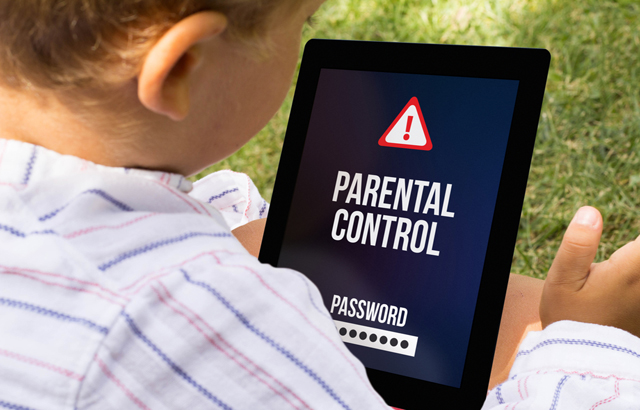The overwhelming majority of American homes are confident that they have properly secured their devices and networks, according to a new survey.
ESET and the National Cyber Security Alliance (NCSA) found that while 79 percent of respondents feel like they have done a good job in protecting their data, the reality is that many of them “have a false sense of online security”.
Their paper, Behind Our Digital Doors: Cybersecurity and the Connected Home, observed how American households are far more vulnerable than they think they are, which suggests a “knowledge-confidence gap”.
For example, one in five American homes experienced a data breach notification in 2014, while more than 50 percent received multiple notifications.
Additionally, researchers also found that 40 percent have failed to appropriately secure their wireless routers, which was viewed as being particularly alarming because they are a “gateway to most digital devices”.
Improper Wi-Fi security therefore is seen as being the technological equivalent of leaving the backdoor of a home open.
The importance of being secure must not be underestimated
With more and more people enjoying the benefits that come with having multiple connected devices, there is an ever-growing need to ensure that they are properly protected.
“With so many potentially vulnerable digital entry points, this survey underlines the importance of cybersecurity as a core commitment in our digital lives.”
“67 percent of those surveyed had between one and five connected devices at home connected to the internet, with 30 percent owning six or more,” explained Stephen Cobb, a senior security researcher at ESET.
“Even more telling, 30 percent of those surveyed today have two to three more devices at home compared to last year.
“With so many potentially vulnerable digital entry points, this survey underlines the importance of cybersecurity as a core commitment in our digital lives.”
The changing nature of parenting in a digital world

The paper also highlighted some of the key developments in how parents are responding to the implications of living in an increasingly digital world.
While many are reacting positively by having cyber-themed conversations with their children and setting device and internet boundaries, many are still falling short of best practice.
The survey found that 70 percent of parents don’t have rules in place about how much information their children can share on social networks, while 60 percent admitted they don’t need approval when it comes to downloading apps or games.
"Families can make practicing good cybersecurity a way of life and our interconnected families and communities will ultimately be safer and more secure."
“There is no question that with the explosion of connected devices in the home, a fresh set of rules must be initiated in every household so that the always-on, always-connected family can enjoy the internet safely and with a great level of confidence,” commented Michael Kaiser, executive director at the NCSA.
“What this study reveals is that Americans are managing their lives and clearly reaping the benefits of the internet but it is not risk-free. With a shift in the paradigm, families can make practicing good cybersecurity a way of life and our interconnected families and communities will ultimately be safer and more secure.“
Five tips for a more secure home
ESET and the NCSA have outlined five top tips for boosting the strength of digital doors in a very helpful infographic. The key points are as follows:
- Protect your identity by boosting the strength of your passwords across devices and accounts.
- Protect your finances with security solutions that offer automatic banking and payment protection.
- Protect your children through education and by setting age-appropriate boundaries.
- Protect your devices by investing in the most robust forms of security (e.g. a multilayered solution that includes anti-phishing and firewall features).
- Protect your household by keeping your Wi-Fi router safe and secure from opportunistic cybercriminals.
Learn more about the survey and get tips about keeping your family safe online here.



